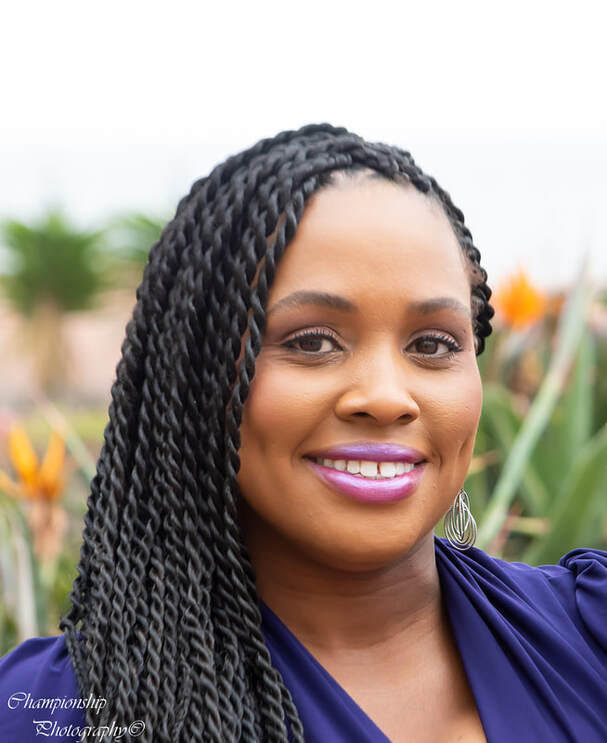
By Antonio Ray Harvey, California Black Media
On Aug. 10, the California Legislative Analyst’s Office (LAO) issued a report evaluating the impact of Gov. Gavin Newsom’s Behavioral Health Modernization Proposal. The plan was released in June.
The LAO provides fiscal and policy advice to the California Legislature. It serves as the “eyes and ears” for lawmakers and is known for its fiscal expertise and nonpartisan analyses of the state budget.
The LAO report expressed uncertainly regarding the potential effects of the governor’s proposal when it comes to children and youth mental health services spending.
According to the LAO, current regulations mandate a certain level of Mental Health Services Act (MHSA) funding for children and youth mental health services. “However, there is no such statutory requirement included in the Governor’s proposal.”
“Whether the current level of county spending on children and youth services would be maintained within MHSA is uncertain,” the LAO stated. “While counties would have less flexibility to spend funds on some children and youth services, counties likely would be able to increase spending of FSPs for children under 18. Consequently, and because there is no funding requirement for children and youth, the net effect on spending is unclear,”
The funding categories outlined in the governor’s proposal encompass children and youth with serious emotional disturbances and substance use disorder as a target population. The proposal also requires DHCS to provide oversight over county expenditures on children and youth behavioral health services.
The Governor’s proposal is reflected in Senate Bill (SB) 326, as amended on July 13, 2023, which would make far-reaching changes to the Mental Health Services Act (MHSA), and Assembly (AB) 531, as amended June 19, 2023, which proposes a $4.7 billion bond for behavioral health facilities and housing for veterans.
The statistics on mental illness among Black youth are troubling, according to experts. The California Department of Public Health (CDPH) reports that suicide rates among Black youth have risen to more than 12 per 100,000 youth in 2020, up from six per 100,000 in 2014. That number is much higher than the rates for White, Hispanic and Asian youth.
Nationally, rates of depression and anxiety have surged among Black youth as well. According to the National Institutes for Health, Black youth exhibit a greater susceptibility to stress, depression, and anxiety.
The CDPH reported that more than 16% of the state’s mental health clients were African American between 2007-2008. The overall Black population in California is less than 6%.
Newsom’s $4.7 billion Master Plan for Kid’s Mental Health released in 2022, the state allocated $30.5 million to 63 organizations providing mental health services that utilize community and evidence-based practices to provide support for parents, grandparents, and other family givers.
“California is stepping up to tackle the mental health crisis facing kids across the country. We’re overhauling our mental health system with an unprecedented all-of-the-above approach to connect families with the care and support their kids need to grow up healthier and stronger,” Newsom stated in the plan.
The Governor’s Master Plan and LAO’s analysis came a week after the Mental Health Services Oversight and Accountability Commission (MHSOAC) held a virtual discussion titled “Advocacy Listening Session for Diverse Racial and Ethnic Communities.”
The listening session focused on six specific populations to gather input for community members on the most significant mental health needs of the population and effective advocacy for better access to behavioral health services.
Tom Orrock, MHSOAC’s Deputy Director of Operations, and staff welcomed nearly 60 Listening Session participants to the online meeting that lasted 90 minutes.
Natalie Champion, Project Manager for Los Angeles-based California Black Women’s Health Project (CBWHP), was one of the speakers during the session. Champion and her husband, Marcus Champion, were part of the effort that helped Secretary of State Shirley Weber create the Task Force to Study and Develop Reparation Proposals for African Americans through Assembly Bill (AB) 3121.
Champion said CBWHP created a mental health program that provided state training for over 160 Black women to become mental health advocates in communities across the state. CBWHP is the only statewide, nonprofit that is committed to improving the health of 1.2 million Black women and girls through advocacy, education, outreach, and policy, she said.
Champion also proposed that the MHSOAC create systems to address the “snow balling impact” of mental illness in the Black community.
Chattel slavery, Jim Crow laws, redlining, racial terror, convict leasing, mass incarceration, and “ongoing anti-Black discrimination that exist historically and currently” aligns with mental illness in the Black community, she said.
“These things have never been redressed,” Champion added. “So, when we talk about the mental health needs in our community, all of this has to be lifted up.”
“It’s actually a form of reparations,” she pointed out.


